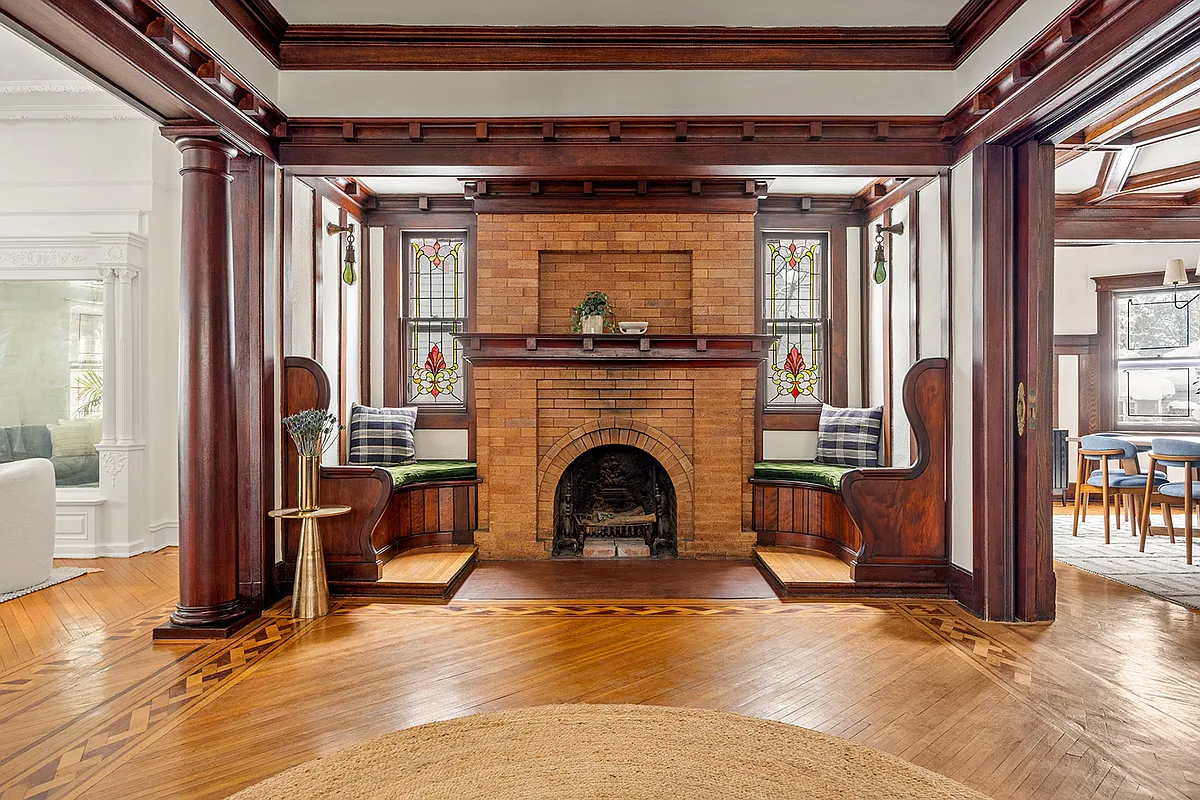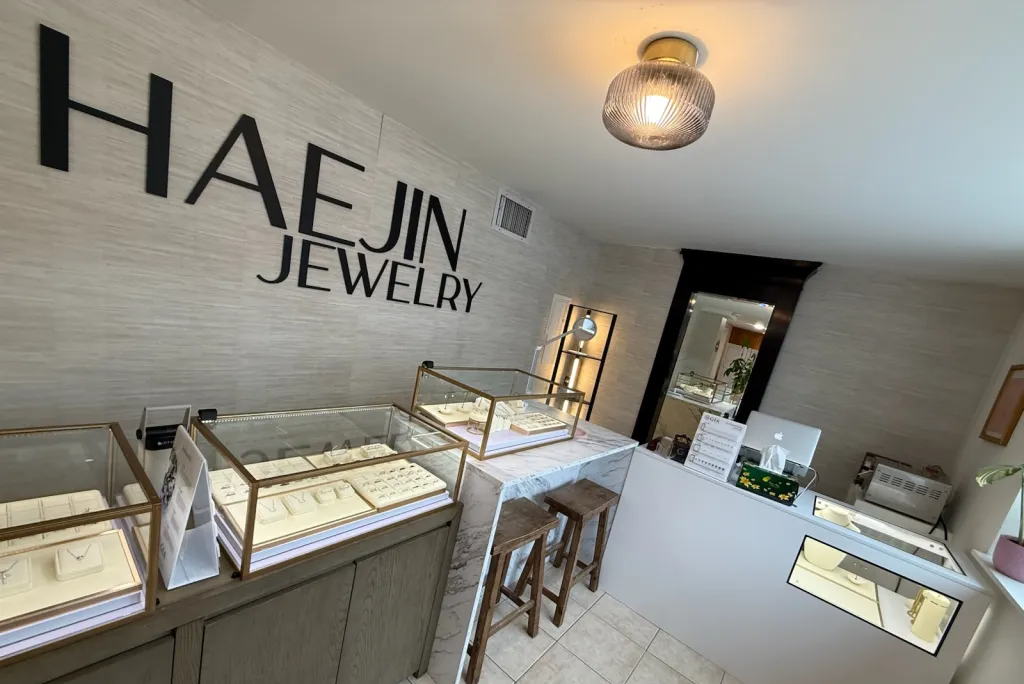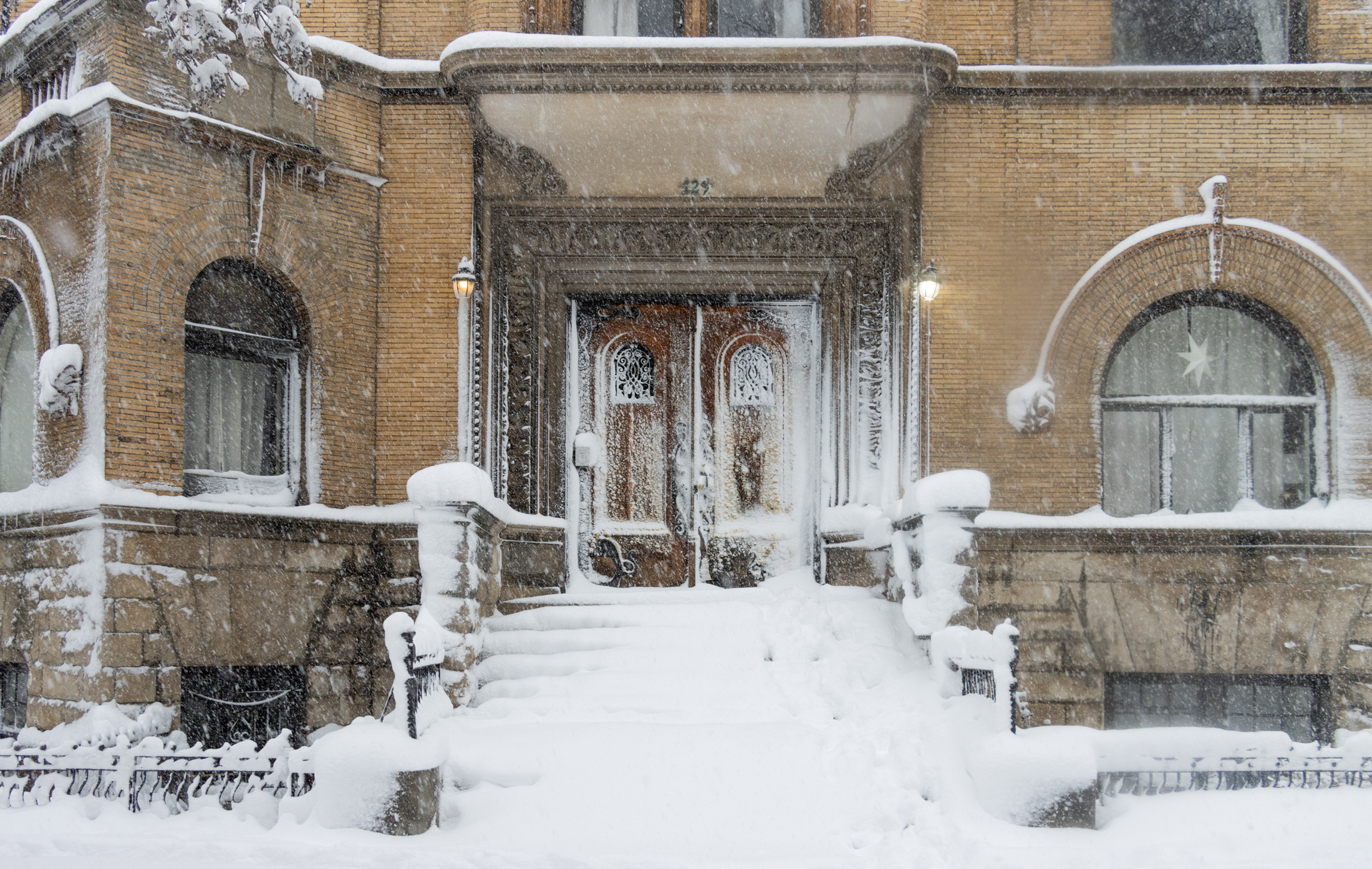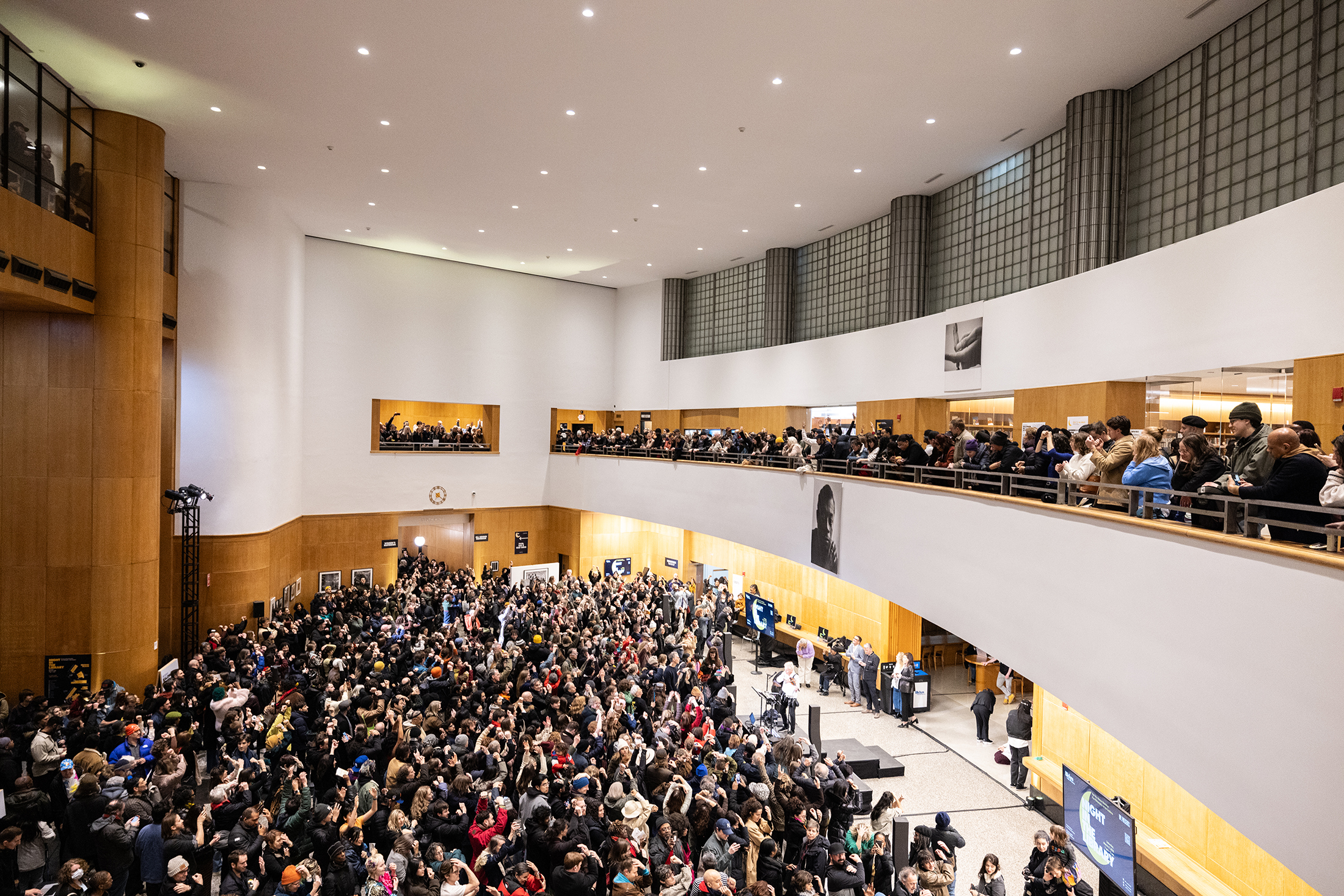Second Development-Related Rally in May Expects Hundreds
Brooklyn is expected to see its second massive development-related rally this month on May 17, when hundreds are expected to march to Albee Square protesting the “lack of community involvement in upcoming development plans,” according to a press release from Families United for Racial and Economic Equality (FUREE). Last Saturday, hundreds of Brooklynites clashed in…


Brooklyn is expected to see its second massive development-related rally this month on May 17, when hundreds are expected to march to Albee Square protesting the “lack of community involvement in upcoming development plans,” according to a press release from Families United for Racial and Economic Equality (FUREE). Last Saturday, hundreds of Brooklynites clashed in a protest and counter-protest over Atlantic Yards. This rally addresses a myriad of other, less publicized effects of Downtown Brooklyn’s development boom that have perhaps been overshadowed (pun intended) by the massive arena and high-rise project, or at least its opponents’ more forceful media efforts. A few of the more noted past events expected to be addressed at this coming rally: Albee Square Mall was emptied to make way for City Point; dozens of small business owners on Bridge and Willoughby streets were evicted so new towers could be built; large apartment building for low-income families and a handful of smaller buildings were taken through eminent domain for Willoughby Square Park, a planned public plaza and underground parking garage (a home many believe was involved in the Underground Railroad was spared from the wrecking ball, but may still be lost to foreclosure). And nearly all of Myrtle Avenue’s neighborhood services between Flatbush Avenue and Fort Greene Park were cleared for construction of luxury high-rises, leaving residents of the nearby public housing complexes with nowhere to shop for groceries. Do you think the end result will put Brooklyn better or worse off in 10 years?
DoBro’s Household Income to Double? [Brownstoner]
Atlantic Yards or Atlantic Lots [Brownstoner]
Much of Downtown Brooklyn Going Out of Business [Brooklyn Eagle]
Albee Square Mall Clears Out [Brooklyn Eagle]





3:47 “define what an assimilationist is specifically as it relates to blacks born in the United States.”
A person that buys into the (white) mainstream idea that race and class are *not* inextricably connected in America, and so imagines that the only racism that exists is the “prejudice” of a few bad individuals (and therefore believes that racism cannot be embedded in the structures of our society).
4:01,
“Sorry there arent enough nice shopping places in your neighborhood, so build some.”
I believe we’re building some as I type.
With any luck, Downtown Brooklyn will change to provide goods and services for ALL of the people that live in the area–not just low-income folks from the projects.
3:33 – “If the members of FUREE would spend as much time getting jobs as they do complaining, maybe they wouldn’t be on public assistance (as most of them are).”
Wow, that’s some classic classism right there. Can’t you come up with something more original than blaming low-income folks for their plight or making it seem like they’re less deserving than people with more money? I bet that many of the people who you’re slandering right there are just as “hardworking” as those folks you mention from Brooklyn Heights or Boerum Hill, if not more so. Also willing to bet that most of them are more decent than you.
3:44 – “Apparently, they want Brooklyn to remain a shopping zone for low income blacks only, to the exclusion of other Brooklynites.”
You can twist it that way if you’d like, or you can see this for what it is: a community trying to protect one of the few thriving commercial districts that actually gives them products they want and need at prices they can afford, instead of being pushed out and away by stores and residences that cater to the affluent.
3:56 – People aren’t fighting gentrification because they want segregation. Mixed-income and mixed-race communities that are created without pushing low-income people of color out of their homes and communities is just fine. It’s the pushing out of people, communities and cultures to make room for the monied and the privileged that’s the problem. How long do you think these neighborhoods are going to be mixed-income and mixed-race when rents skyrocket and services and stores become financially inaccessible? Somehow I bet folks won’t be complaining about clinging to segregation when the inevitable tide of white faces sweeps in.
3:58,
Considering that no one lives in the Fulton Mall, I’d say that your fears are misplaced. Low-income people might bemoan the idea that their shopping haunt might become a little more upscale (ie, white), but no one is losing their homes.
Anyway, many of the shoppers come from the many public housing projects that line downtown. I doubt they’re getting kicked out for condo conversions.
“This mall caters to African-Americans, Latinos, Caribbeans,†said Ms. Cruickshank. “When they close down all these local shops that cater to our hair, the clothes we buy, the food we eat, where are we going to shop?†Ms. Cruickshank asked. “Round up 10 people here, and I guarantee you they won’t say they want a Banana Republic. We don’t want another Manhattan. Let Brooklyn be Brooklyn.â€
Sorry there arent enough nice shopping places in your neighborhood, so build some. Dont push people out that have been there and define and shape a certain area. So what does define a neighborhood if people that shop and support it does?? Tell me that! People with money think they are so much better than others. get a life, or a hobby! Oh so shallow..
3:44 – Considering that housing and commercial space are bought and sold in the market, and are thus part of the the same race towards profit motive as anything else, how would it ever be possible to bring in a few “high-end” stores/restaurants/etc. without raising the property values so that the “low-end” business would be displaced?
When in NYC, or anywhere else, has gentrification not displaced all or most of the low-income people living there? Nobody who shops in Fulton Mall would be against improvements, but when improvements inevitably lead to total displacement, what is the answer?
To 3:10 — The “historic balance” is separate neighborhoods for whites and blacks, and the only reason why the neighborhood you have now is at all “racially mixed” is because it’s in the midst of the gentrification process… or we can hope that’s not true. We can HOPE that after all these years, we’ve gotten better at tolerating diverse neighborhoods. It’s not exactly the race that’s the issue, but the economics. People who get upset over white people moving into neighborhoods they can afford to live in, like Crown Heights, rather than doing the impossible, which would be staying in neighborhoods they can’t afford like Park Slope, seem to be supporters of the separate but equal clause to me. And they are unfair and unrealistic, especially when the focus should be on what’s happening economically, not racially. That only perpetuates the racial divide.
Your ‘Downtown Brooklyn is for them, Smith Street is for me’ is also an extension of the separate but equal clause. And it’s ignorant. Many minorities can afford to shop at nice stores and do. A lot of the stuff on Fulton Street cost just as much as the stuff in SoHo, it’s designer sportswear just by different brands. And if you go shopping in SoHo, you’ll see tons of non-white people shopping in those stores, sometimes more than white people. Minorities have money too and we can only hope that as time goes on more minorities will have the money to buy one of the new condos in Downtown Brooklyn. The idea that black people don’t buy Apple and Guess and gourmet food is simply dated and from another era I’d rather not return to. And it’s you so-called liberals who think you’re looking out for the ‘poor blacks’ that are holding back progress even more by clinging to this sympathetic but offensive stereotype. While all races are obviously not economically equal now, your view hurts, not helps. And by the way, many times when stores get pushed out because of economic forces, viable retail districts crop up in other places. Maybe it will help spur more economic activity in other neighborhoods.
3:49 — “Having the most money does NOT give a person more rights to space/shopping/living either. Or at least in a real democracy it wouldn’t.”
no, having money doesn’t give you rights, but owning the space does.
3:33 – “Shopping in an area doesn’t give you any rights to it, nor does it form a community”
Having the most money does NOT give a person more rights to space/shopping/living either. Or at least in a real democracy it wouldn’t.